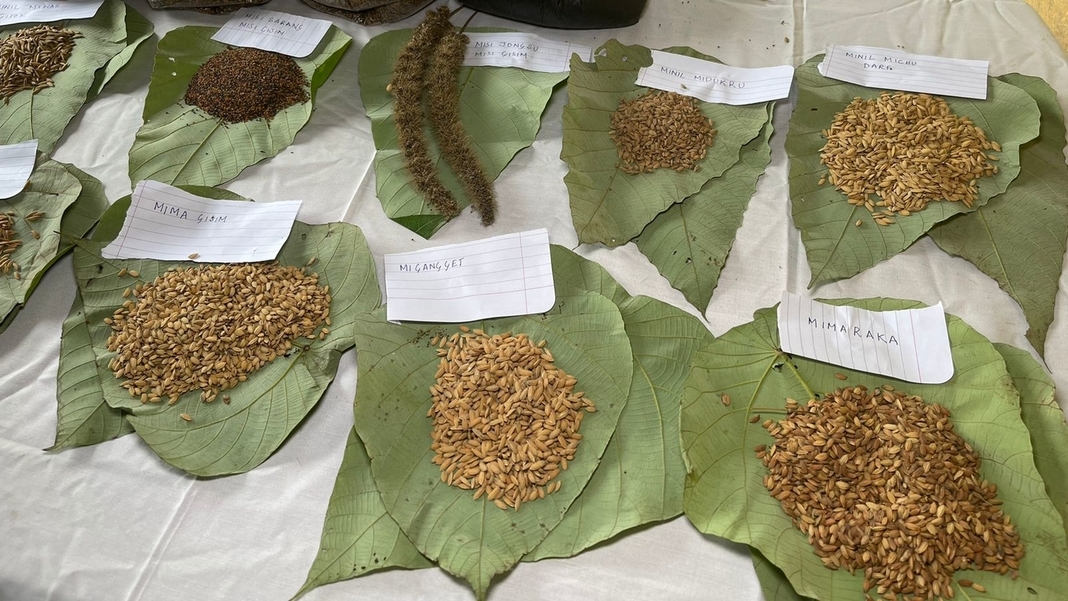Tura, June 9: Meghalaya Forests & Environment Minister James PK Sangma on Thursday initiated a community seed-bank project for the preservation and promotion of the 6000-year-old rice species in Sadolpara, West Garo Hills.
I was delighted to initiate a community seed-bank project for the preservation and promotion of the 6000-year-old rice species in Sadolpara, West Garo Hills. pic.twitter.com/boln4Tf6O6
— James K Sangma (@JamesSangma1) June 9, 2022
Partnering with NESFAS and the ELP Foundation, Sangma said the idea of the project was also to understand scope for further research and development of the rice species so that large scale cultivation could be made possible with the help of local communities.
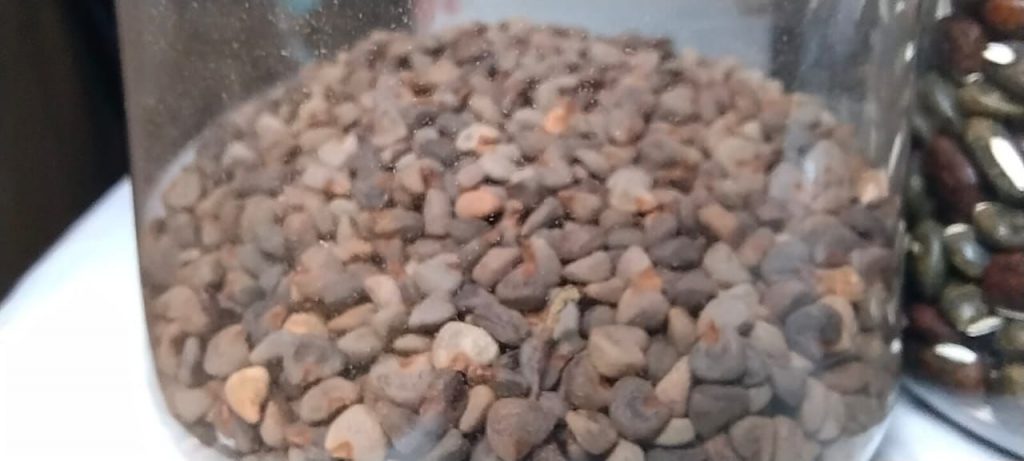
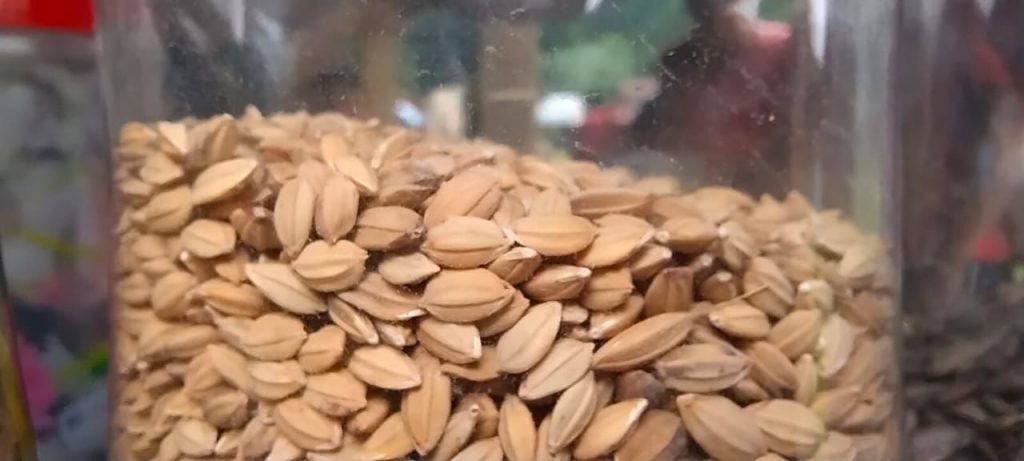
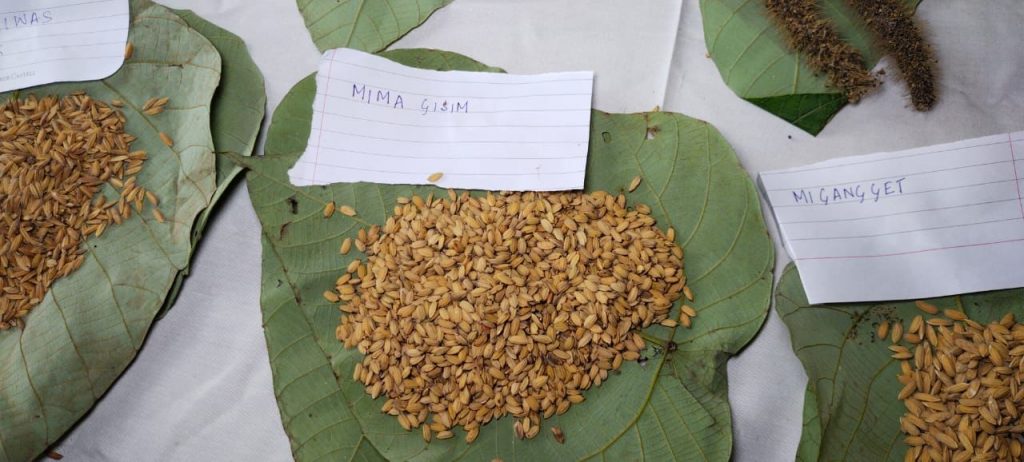
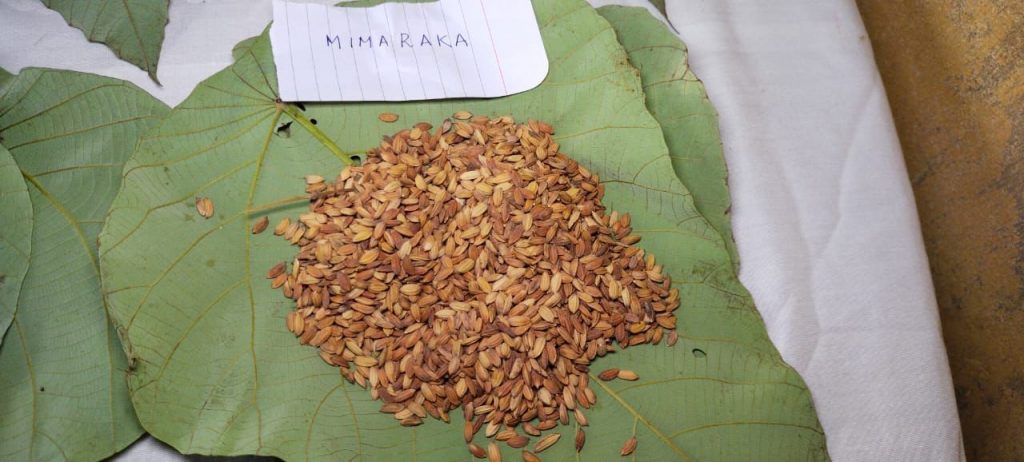
“Dramatic changes are happening to our biodiversity today due to climate change. In such situations, it becomes important to identify and preserve such rice species because they are climate-resilient and therefore, a dependable source of food,” Sangma said.
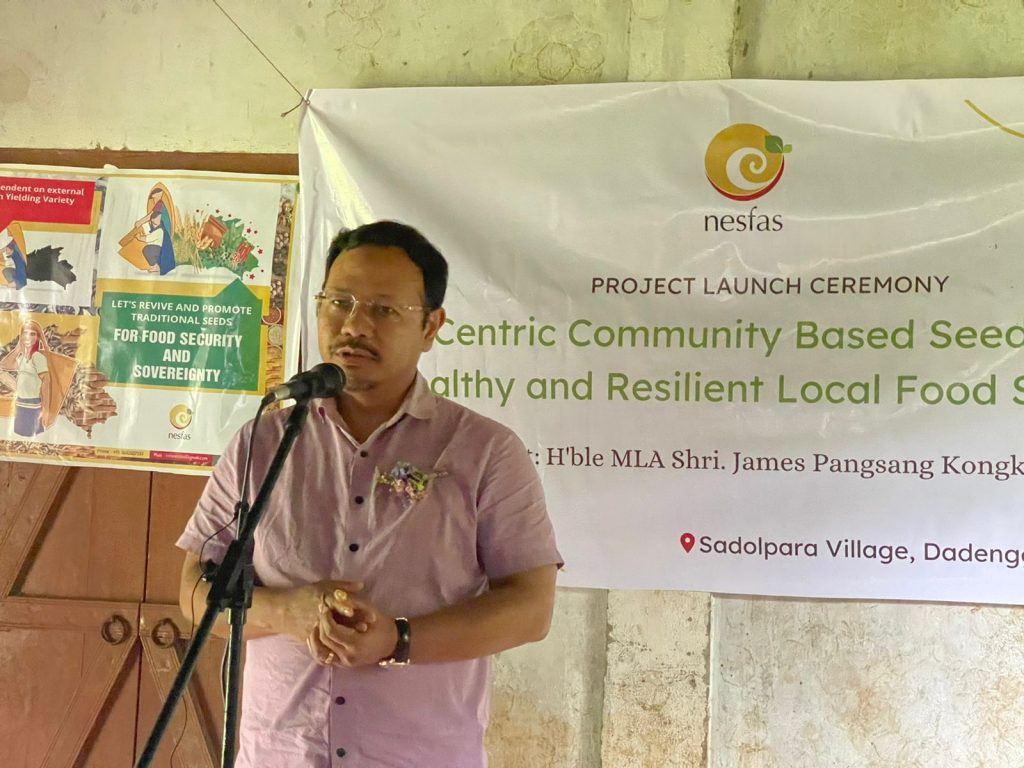
“As of now, most of our rice comes from states like Andhra Pradesh, which also bears a significant cost to our state. As the Sadolpara species have withstood the test of time, it is both nutritionally and economically beneficial for Meghalaya,” he added, and also highlighted the potential boost for the local economy.
Since most of our rice comes from states like Andhra Pradesh bearing a significant cost to our State, the Sadolpara species will greatly benefit us and prove to be a potential boost for the local economy. pic.twitter.com/3dTacrSZCt
— James K Sangma (@JamesSangma1) June 9, 2022
The species is currently found in the hill slopes of Sadolpara and are not resource-intensive to grow as compared to usual paddy, which requires submergence in large volumes of water.
The species was first promoted by International Fund for Agricultural Development (IFAD) where the organisation partnered with celebrated film-maker Mira Nair to produce a documentary in 2003, which was entitled ‘Still, the Children are Here.’
However, ever since then, no significant steps were taken by previous governments or other public institutions to bring the species to prominence.
“We are solely dependent on the farming of these rice species and despite requests for nearly two decades, no initiatives were taken here. We are happy that finally someone is taking active steps to give us the recognition we were deserving of for years,” a local farmer said.
The project launch was attended by farmers of Sadolpara, the local Nokma, researchers from NESFAS and members of the ELP Foundation. The villagers also presented a Dorua – a traditional practice of story-telling on rice.


